
Hannah C.

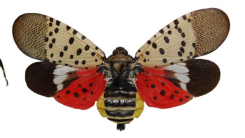
Lanternfly Infestation Threatens East Coast Farms

Ancient Viking Helmet is Dated Back to the 10th Century

A Healthy Lifestyle is Linked to Cardiovascular and Ocular Health
Warm Florida Waters Cause Coral Bleaching & Kill Thousands of Fish

Seattle-Based Company Develops Beanless Coffee
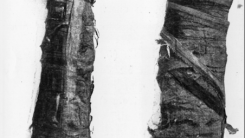
Scientists Recreate 3D Images of Mummified Animals

Astronauts Train to Explore Lava Tubes on the Moon and Mars

Oil Drilling Will Continue in the Arctic National Wildlife Refuge
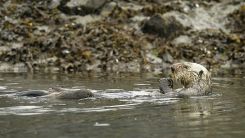
Reintroducing Sea Otters in British Columbia Upset the Balance in Ecosystem
Skin Study Looks at How Wounds Heal and How Drugs Help
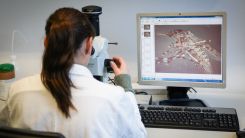
Israel Reports West Nile Virus-Infected Mosquitos

6 Steps to Quit Vaping
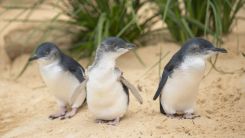
Where Did Penguins Originate? Hint: It's Not Antarctica
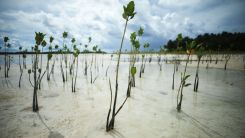
NASA Goddard Scientists Map Out Global Losses of Mangrove Habitats
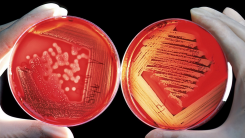
Scientists Discover How to Fight Antibiotic-Resistant Bacteria

Citizen Scientists Help Discover 95 New Brown Dwarfs
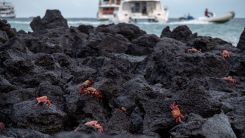
31 New Marine Species Discovered in the Galapagos Archipelago
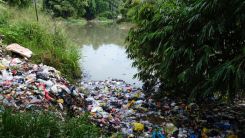
Autopsies Show Microplastics Are in Internal Organs
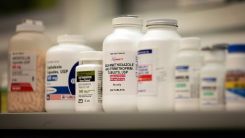
Antibiotics Can Increase Risk of Crohn's Disease

What We Can Learn From South Korea on Reopening Schools
Preserved Ice Age Puppy Apparently Ate a Woolly Rhino Before It Died

Sephora Partners With Several Companies for Transparency & Clean Labels
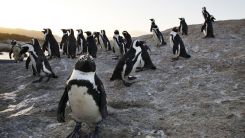
Bunkering Activity in Algoa Bay Are a Major Threat to African Penguin Populations
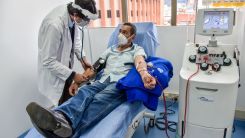
Dietary Nitrate Can Help Improve Condition of COVID-19 Patients
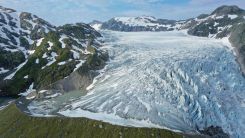
Melting Permafrost Could Mean Return of Ancient Diseases
Several 'Firenados' Blaze Through California
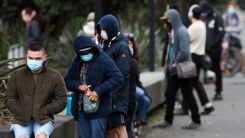
Herd Immunity Would be 'Totally Unacceptable,' Says Fauci
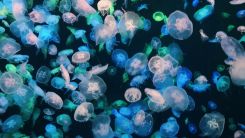
Tropical Storm Isaias Left Behind Sea Lice in the East Coast

AI Algorithm Predicts Homeless Youth's Susceptibility to Substance Abuse
Most Popular

Tree Communication Explained: How Underground Fungi Networks Connect Entire Forests

Space Tourism Future: How Commercial Space Travel Will Transform Civilian Exploration

How Space Observation and the Solar Light Spectrum Make the Sun Look Different in Space Than on Earth

Universe Origin Revealed: Exploring the Latest Big Bang Science Theories and Discoveries




